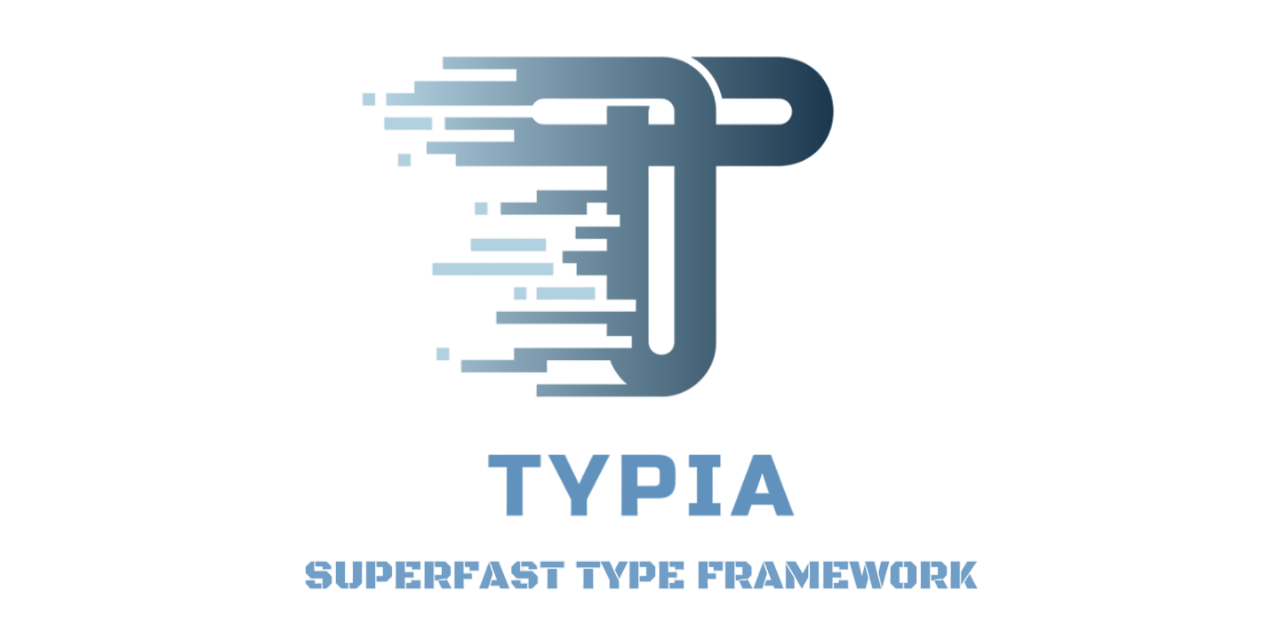Outline







// RUNTIME VALIDATORS
export function is<T>(input: unknown): input is T; // returns boolean
export function assert<T>(input: unknown): T; // throws TypeGuardError
export function assertGuard<T>(input: unknown): asserts input is T;
export function validate<T>(input: unknown): IValidation<T>; // detailed
// JSON FUNCTIONS
export namespace json {
export function schema<T>(): IJsonSchemaUnit<T>; // JSON schema
export function assertParse<T>(input: string): T; // type safe parser
export function assertStringify<T>(input: T): string; // safe and faster
}
// AI FUNCTION CALLING SCHEMA
export namespace llm {
// collection of function calling schemas
export function application<Class>(): ILlmApplication<Class>;
export function controller<Class>(
name: string,
execute: Class,
): ILlmController; // +executor
// structured output
export function parameters<P>(): ILlmSchema.IParameters;
export function schema<T>(
$defs: Record<string, ILlmSchema>,
): ILlmSchema; // type schema
}
// PROTOCOL BUFFER
export namespace protobuf {
export function message<T>(): string; // Protocol Buffer message
export function assertDecode<T>(buffer: Uint8Array): T; // safe decoder
export function assertEncode<T>(input: T): Uint8Array; // safe encoder
}
// RANDOM GENERATOR
export function random<T>(g?: Partial<IRandomGenerator>): T;typia is a transformer library supporting below features:
- Super-fast Runtime Validators
- Enhanced JSON functions
- LLM function calling schema and structured output
- Protocol Buffer encoder and decoder
- Random data generator
Transformation
If you call typia function, it would be compiled like below.
This is the key concept of typia, transforming TypeScript type to a runtime function. The typia.is<T>() function is transformed to a dedicated type checker by analyzing the target type T in the compilation level.
This feature enables developers to ensure type safety in their applications, leveraging TypeScript’s static typing while also providing runtime validation. Instead of defining additional schemas, you can simply utilize the pure TypeScript type itself.
//----
// examples/checkString.ts
//----
import typia, { tags } from "typia";
export const checkString = typia.createIs<string>();
//----
// examples/checkString.js
//----
import typia from "typia";
export const checkString = (() => {
return (input) => "string" === typeof input;
})();Sponsors
Thanks for your support.
Your donation encourages typia development.
Also, typia is re-distributing half of donations to core contributors of typia.
References
- inspired by
typescript-is - inspired by
ts-patch
Last updated on